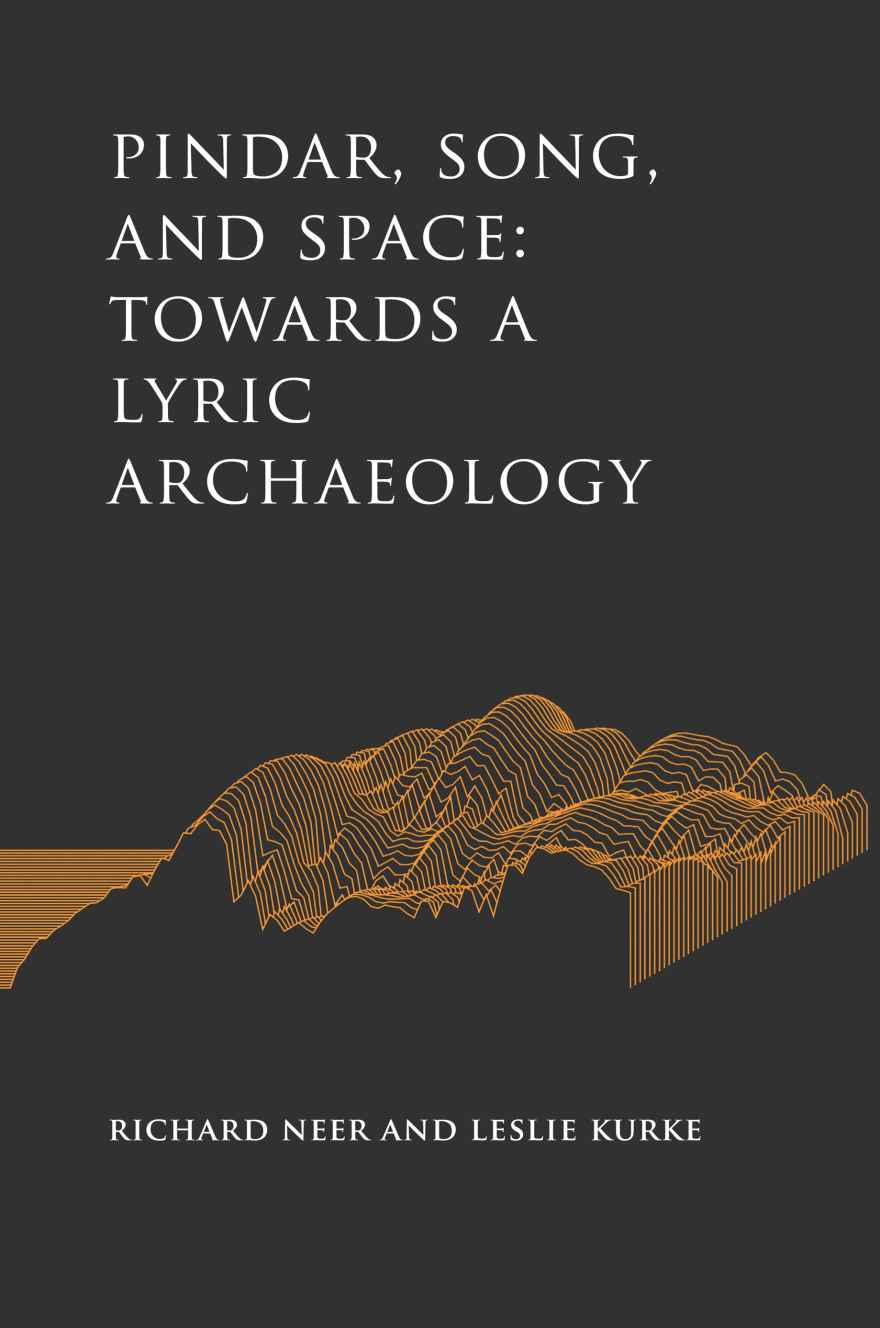Humanities Professor Receives the AAP Prose Excellence Award in Classics

Richard Neer seeks a more holistic approach to scholarship by embracing multiple disciplines. Through the book Pindar, Song, and Space: Towards a Lyric Archaeology (Johns Hopkins University Press, 2019), which Neer co-authored with Leslie Kurke, the Gladys Rehard Wood Professor of Classics and Comparative Literature at the University of California, Berkeley, the authors integrate poetry, performance, and the built environment in ancient Greece, combining literary and art-historical analysis with archaeological and epigraphic materials.
In recognition of their innovative scholarship, Neer and Kurke recently received the Association of American Publishers 2020 Prose Excellence Award in Classics for Pindar, Song, and Space. Past recipients of the AAP Prose Excellence Awards include Henry Louis Gates Jr., Elizabeth Johns, Richard Leakey, Cornel West, and Stephen Jay Gould. The book emerged from a course that Neer, Kurke, and Boris Maslov, Associate Professor of Classical Languages at the University of Oslo, taught in 2013 through the Center for Disciplinary Innovation at the Franke Institute for the Humanities.
“Bodies of knowledge can be constraining,” said Neer, the Barbara E. and Richard J. Franke Distinguished Service Professor in Art History, Cinema and Media Studies, and the College, and the Director of the Franke Institute for the Humanities at UChicago. “We aimed to provide a more holistic approach that creates a fuller understanding of the past. Now it’s more important than ever for our knowledge and understanding that departments and disciplines collaborate.”
In Pindar, Song, and Space, he acknowledges the influence of Andrew Stewart, his teacher and guide at the University of California, Berkeley, as well as many UChicago scholars from a wide swath of Humanities Division departments for providing inspiration and debate. “At UChicago, the disciplinary fences are low, which has definitely influenced my scholarship,” Neer said.
“Richard richly deserves this wonderful recognition for his excellent scholarship,” said Anne Walters Robertson, Dean of the Division of the Humanities at UChicago. “Richard and Leslie show the odes of great poet Pindar of Thebes synthesized words and dance into elaborate tapestries of myth and geography that reimagined the space of the city-state. Pindar’s poems were tools for making sense of space.”
In those ancient times, the Greeks envisioned their space differently, contrasting to today’s landscape. “We live in a technologically saturated environment, which influences how we navigate in three or four dimensions,” Neer said. “These studies give us a different perspective on our time and are relevant because of our past.”
A prolific author and editor, Neer published several works in 2019. In addition to Pindar, Song, and Space, he published the second, expanded edition of Art and Archaeology of the Greek World (Thames and Hudson, 2019), edited Conditions of Visibility (Oxford University Press, 2019), and co-edited with Daniele Lorenzini, Assistant Professor of Philosophy at the University of Warwick, a special issue of Critical Inquiry on “Davidson and His Interlocutors,” featuring essays by Lorraine Daston, Peter Galison, Carlo Ginzburg, David Halperin, Sandra Laugier, and others.
In winter quarter of 2020, Neer co-taught a course with Larry Norman, the Frank L. Sulzberger Distinguished Service Professor in the Departments of Romance Languages and Literatures, Theater and Performance Studies, Fundamentals, and the College, again through the Franke Institute’s Center for Disciplinary Innovation. The course, on “Practices of Classicism in the French Seventeenth Century,” is expected to become a book.
Neer will continue to collaborate with colleagues in different disciplines to delve more deeply into the past and produce scholarship that resonates in the present.